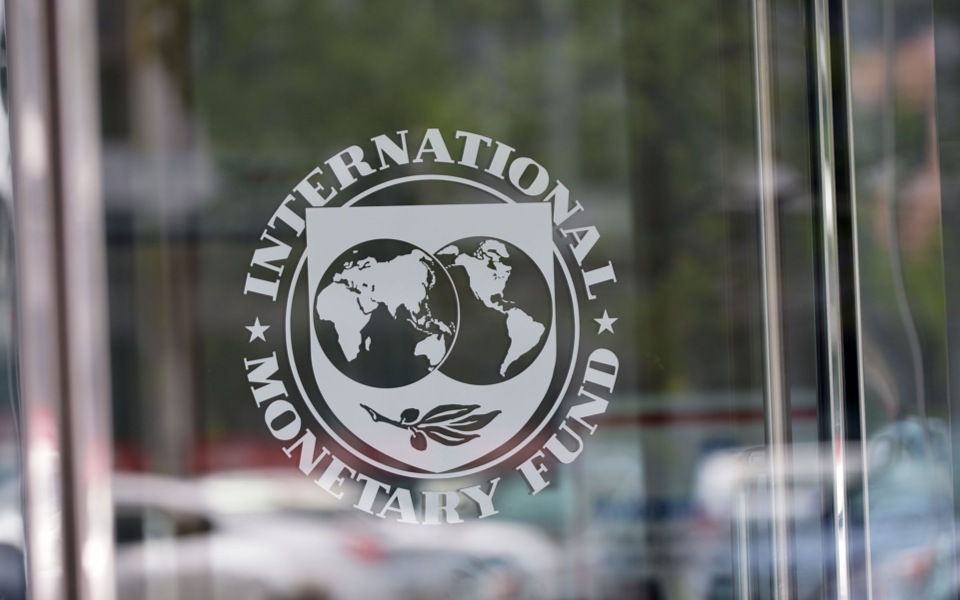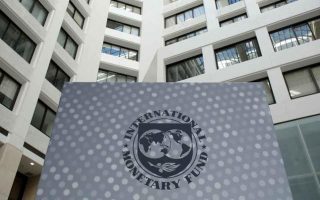IMF sees significant improvement in Greece’s prospects

Greece’s economic outlook has improved notably, but significant challenges remain, the IMF said in a report released on Wednesday.
The economy has resumed income convergence, ending a decade of stagnation with high unemployment and low investment amid large deleveraging, it said and added: “Real GDP has expanded beyond the pre-pandemic trend level, driven by the cyclical recovery of tourism demand and the resumption of structural reforms and investment in the context of Next Generation EU.”
“Strong growth and high inflation have brought the public debt-to-GDP ratio down below its pre-pandemic level with limited financing risks in the medium term due to the favorable debt structure.
However, despite regaining sovereign investment grade status and improving bank balance sheets, the economy is facing macro-financial challenges amid significant monetary policy tightening, persistent core inflation, and rising real estate prices. Structural imbalances arising from low household savings and still low level of investment as well as increasing risks from climate change are weighing on medium-term growth prospects.”
The IMF sees real GDP growth at 2.3 percent in 2023 and 2.1 percent in 2024. “Private consumption will be supported by positive real wage growth while investment will continue to expand with the implementation of the National Recovery and Resilience Plan supported by Next Generation EU funds.”
As for headline inflation, it is forecast to reach 2 percent by end-2025 as pressures on core inflation will dissipate only gradually despite continued normalization of energy and food prices.
According to the report, the banking system has remained resilient underpinned by balance sheet strengthening.
“Asset quality further improved with the Non-Performing Loan ratio declining below 5 percent in systemically important banks. Higher net interest margins have contributed to a strong rebound in bank profits and bolstered capital adequacy. The banking system also maintains sizable liquidity buffers despite substantial repayments of ECB’s targeted long-term refinancing
operations (TLTRO).”
Regarding risks, it said that they are more balanced for growth but tilted upward for inflation. “A potential escalation of Russia’s war in Ukraine and the Conflict in Gaza and Israel could disrupt trade and trigger renewed energy and food price pressures and undermine confidence. In contrast, acceleration of ambitious structural reforms, in tandem with stronger-than-expected market reactions to the recent investment grade upgrade, could further improve growth prospects. Inflation could
remain high, for example, as the result of pressures from recent and expected wage and pension increases and weather-related shocks.”
[AMNA]





